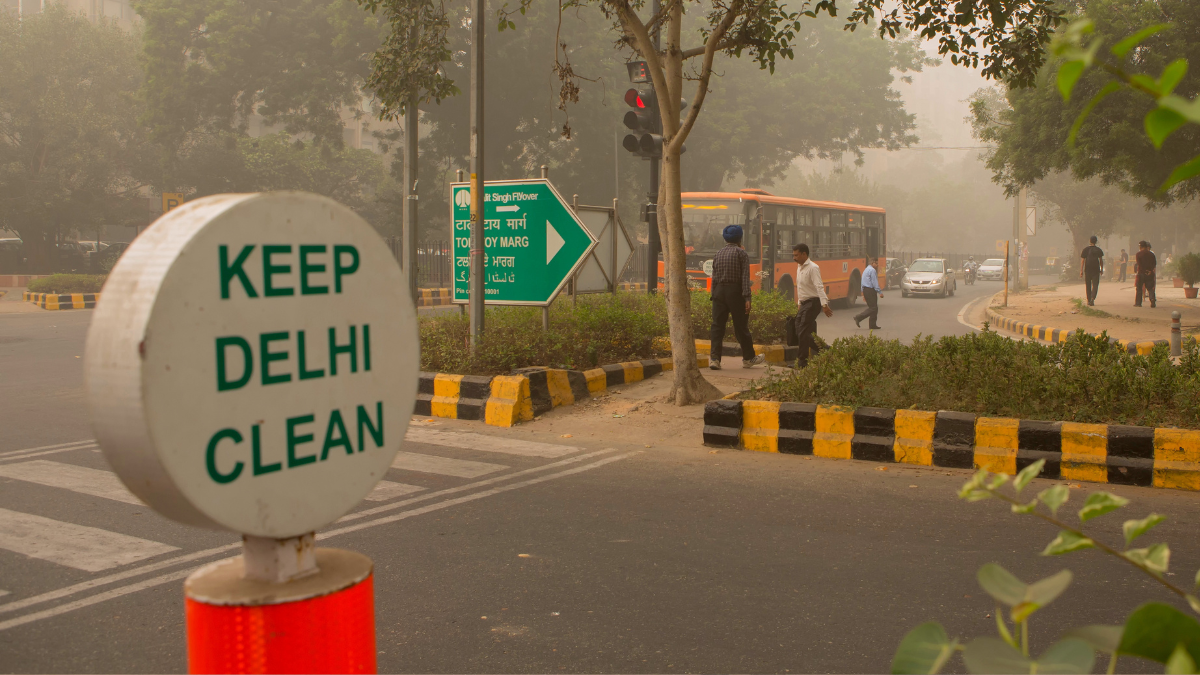Delhi smog: India's cities must look beyond their limits to clean up air pollution
Delhi needs the help of its rural neighbours to finally beat its killer smog problem, concludes a review carried out by the University of Surrey and regional government officials in Delhi, India.

In most Indian cities (60%), the air is over seven times more polluted than it should be. This has huge health implications.
Some of this pollution comes from neighbouring rural areas – from crop burning, wood stoves, or power plants.
Yet measures to tackle urban smog usually ignore rural sources. Instead, they focus only on measures within the city limits – like boosting public transport or controlling pollution from industry and building sites.
The GCARE review recommends tackling air pollution at a regional level instead. This means identifying the wider area where a city’s pollution is produced – its so-called “airshed”.

GCARE makes several recommendations:
- Regional air quality plans should be drawn up – which has worked well in places like Mexico City and Los Angeles.
- "Smog forecasts” could be produced with better monitoring. Satellites could spot bonfires and other sources of pollution. Scientists could then predict how it would interact with weather conditions.
- “Airshed Councils” could help local, regional and federal agencies co-ordinate their efforts.
Delhi’s neighbouring States have an important role to play in helping save lives in our city – and in their areas too. We need an action plan with a sound scientific basis, and we need better monitoring. This requires cities, governments and others to work together. A joined-up approach is the only way to defeat this deadly health hazard.Dr Anwar Ali Khan, Senior Environmental Engineer on the Delhi Pollution Control Committee
A significant portion of air pollution stems from sources outside city limits, which requires a shift from city-specific to region-specific emission reduction targets. The establishment of an airshed will be a critical tool for effective air quality management and planning.Dr Mukesh Khare, Professor Emeritus of Civil Engineering at the Indian Institute of Technology
The research project demonstrates the University of Surrey’s contributions to a number of UN Sustainability Goals (SDG), including: No Poverty (SDG 1), No Hunger (SDG 2), Affordable and Clean Energy (SDG 7) and Climate Action (SDG 13).
The full paper is published in the journal Sustainable Horizons.
Media Contacts
External Communications and PR team
Phone: +44 (0)1483 684380 / 688914 / 684378
Email: mediarelations@surrey.ac.uk
Out of hours: +44 (0)7773 479911
